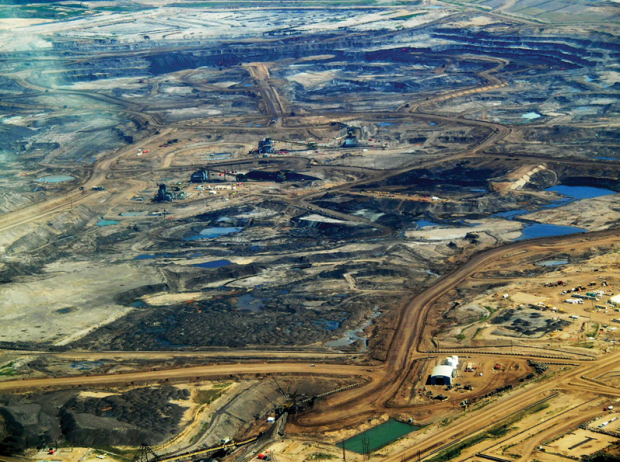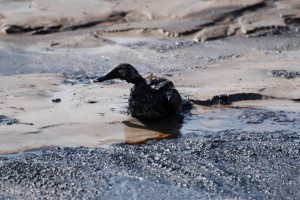We have much more to do and your continued support is needed now more than ever.
Can Keystone Pass the President’s Climate Test?
In June, President Obama stood at Georgetown University and defined the conditions under which he would approve the Keystone XL Pipeline, saying he would, “only if this project does not significantly exacerbate the problem of carbon pollution.” So, can Keystone pass the President’s climate test? This question was posed at the NextGen Climate Action summit yesterday afternoon.
The proposed Keystone Pipeline would transport Canadian tar sands across the United States to be refined and exported. Over the past five years, concerned citizens have voiced their opposition to the pipeline because it will greatly increase carbon emissions (through the refinement and burning of dirty tar sands), as well as put American communities and wildlife at risk of spills and other accidents. The uniform consensus from experts at the climate summit was this pipeline WILL exacerbate carbon pollution and therefore under President Obama’s guidelines, the pipeline should NOT be approved.

Speakers at this summit included a variety of experts from the US and Canada. Dr. John Abraham demonstrated that if the proposed 830,000 daily barrels of Keystone tar sands were instead replaced with higher energy efficiency, it would be the equivalent of removing 35-40 million cars from the roads or removing 50–57 coal fired power plants. Tom Steyer, President of NextGen Climate Action, brought an economic perspective to the Keystone issue, illustrating how the United States will be assuming the majority of the risk of spills and accidents, while foreign nations such as Canada and China reap the majority of the benefits.

In fact, the tar sands industry is counting on nations not supporting climate policy. In a report by MIT, researchers said that, “The niche for the oil sands industry seems fairly narrow and mostly involves hoping that climate policy will fail.” The tar sands industry can only succeed if we abandon our climate and carbon goals, illustrating just how harmful tar sands are to the climate.
The Keystone pipeline is a great opportunity for President Obama to both set a precedent on dirty fuel projects that put the climate and the United States at risk and show his commitment to cutting carbon emissions. The President has drawn the literal and figurative line in the sand and it is clear that the Keystone pipeline is far too pollutant and dangerous to pass his climate test.
![]() Take action now to help protect the climate and America’s wildlife by speaking out against dirty tar sands.
Take action now to help protect the climate and America’s wildlife by speaking out against dirty tar sands.





















